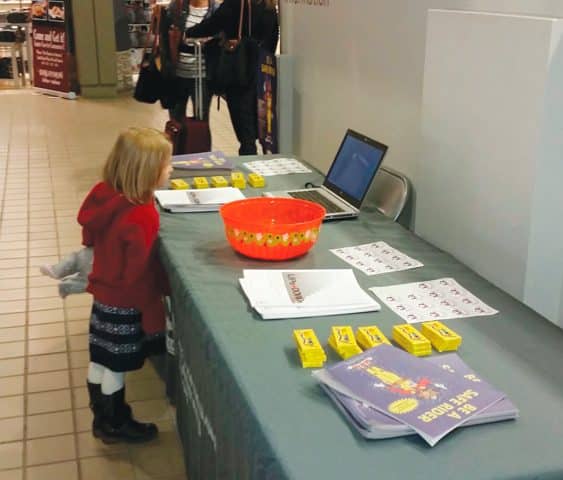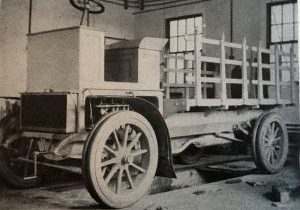Sponsored
While elevators and escalators remain the safest form of transportation, they still pose a threat to the safety of young children, the elderly and distracted passengers. Paul Saxon, Safety Administrator with the Allegheny County Airport Authority at Pittsburgh International Airport, says, “In 2014, slips and falls on conveyances are still approximately 50% of our total slips/trips/fall incidents on airport property.” EESF organizes the annual National Elevator Escalator Safety Awareness Week (Safety Week) to collaborate with individuals, companies and organizations to lower percentages like that and celebrate the contributions made by the industry.
EESF held the first Safety Awareness Week in the U.S. in 1994, later including Canada in 2006. It is scheduled for the second full week in November in preparation for the holiday season when people are shopping in large malls and rushing through busy airports to visit family. EESF produces a self-contained kit and planning guide that include all the resources an organization needs to host a local celebration to promote the week.
As part of its efforts to raise awareness, EESF sends a request to state governors and mayors of the 200 most populated cities in the U.S. to officially declare Safety Week in their jurisdictions. In 2014, 28 governors and 88 mayors participated. Of these participants, three governors and 31 mayors signed the proclamation for the first time.
One city to observe Safety Week was Pittsburgh. Pittsburgh International Airport (PIA) has 31 escalators, 21 moving walks and 13 elevators in its terminals. James Gill, acting executive director, Allegheny County Airport Authority said:
“Escalators and moving [walks] are prominent [features] of airports. They benefit travelers by being able to move large numbers of people without waiting, and guiding people efficiently to and from their gates. Millions of passengers use the airport’s conveyances, and over the years, safety features have been enhanced. Still, it is important to remind visitors on the safe use of this equipment.”
So, PIA safety officials teamed up with Schindler again last year to educate the traveling public on safe riding. They set up an onsite exhibit, where they reached out to both passengers and employees. They handed out safety materials to adults and coloring books and crayons to children near the moving walks throughout the week. Lou DeLoreto, vice president of safety for Schindler, said, “Safety is a top priority at Schindler, and being on hand to educate passengers on safe riding behavior is extremely important.” Safety officials, TSA officials, vendors and airline employees have found that preventing injuries could be as simple as pointing out the locations of elevators to elderly passengers and other travelers struggling with heavy bags, strollers or other items.
This year’s Safety Week will take place on November 8-14. To participate, contact EESF toll free at (800) 949-7099, email Program Director Laurie Dueitt at Laurie@eesf.org or check out website www.eesf.org. Until then, EESF reminds you to “RIDE SAFELY” on:
Elevators
- Ring alarm bell if doors do not open.
- In case of fire, use stairs.
- Doors closing – look out for closing doors.
- Enter and exit carefully.
Escalators and Moving Walks
- Shoelaces should be tied and loose clothing secured.
- Attend small children.
- Face forward.
- Escalators are for passengers only.
- Lower sides of escalators should be avoided.
- You should always hold the handrail.










